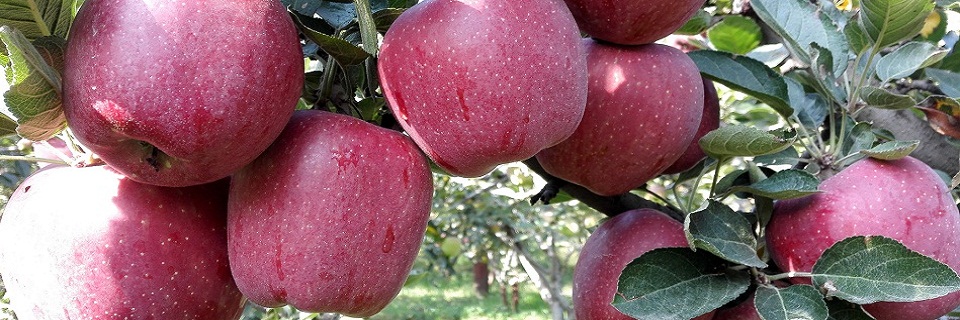

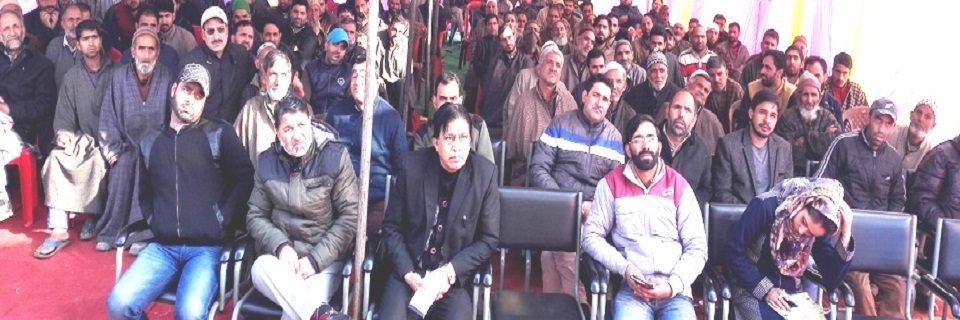
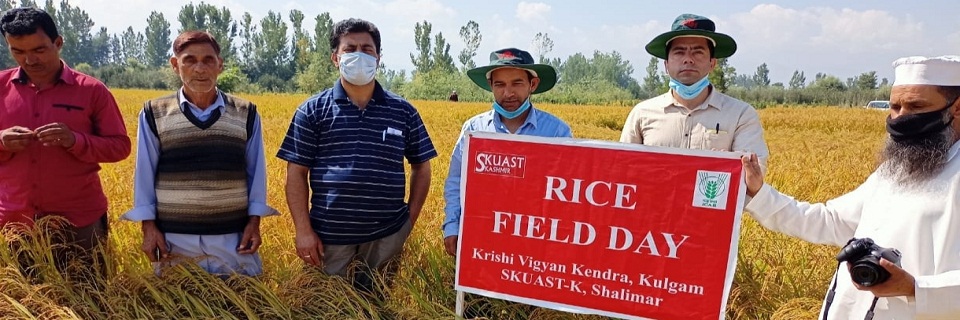
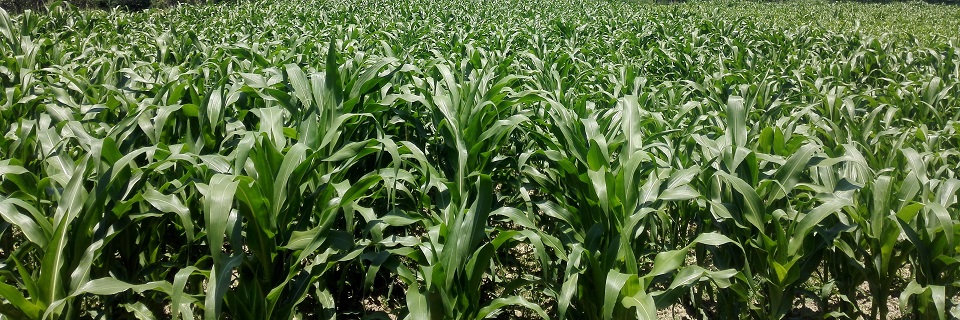
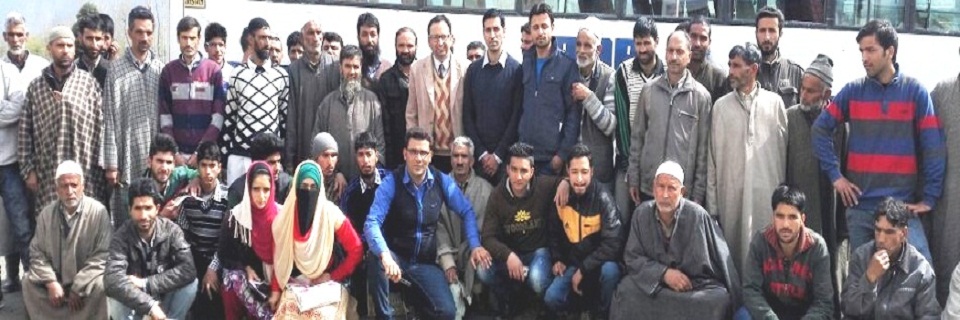
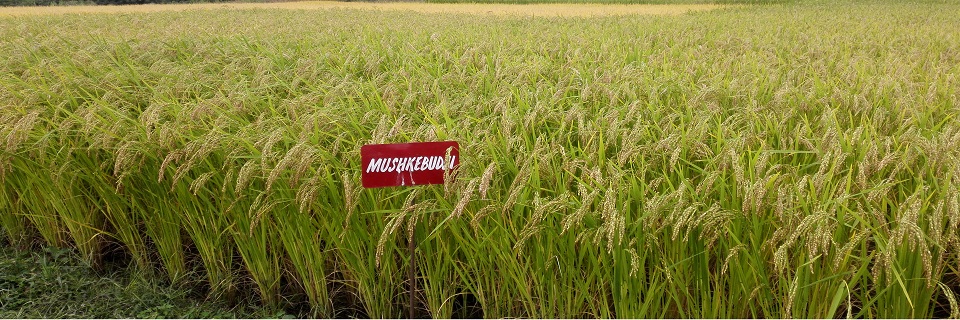
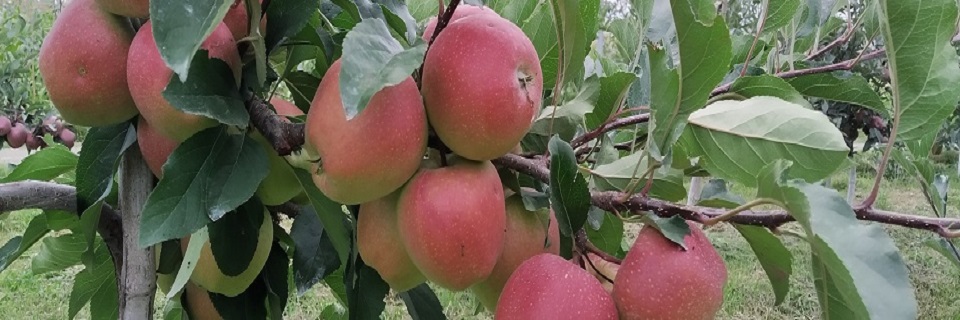
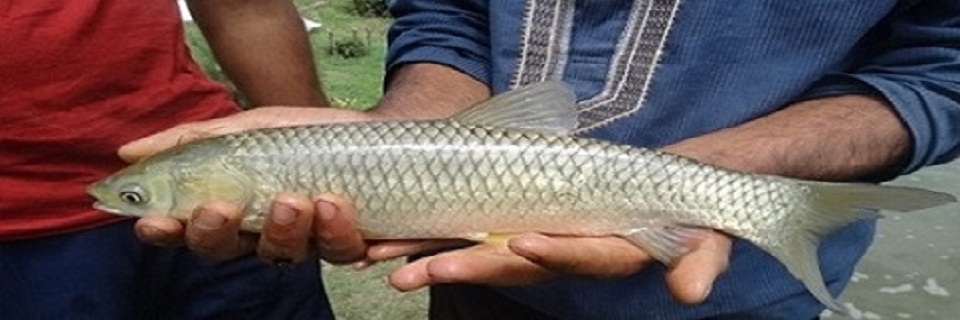
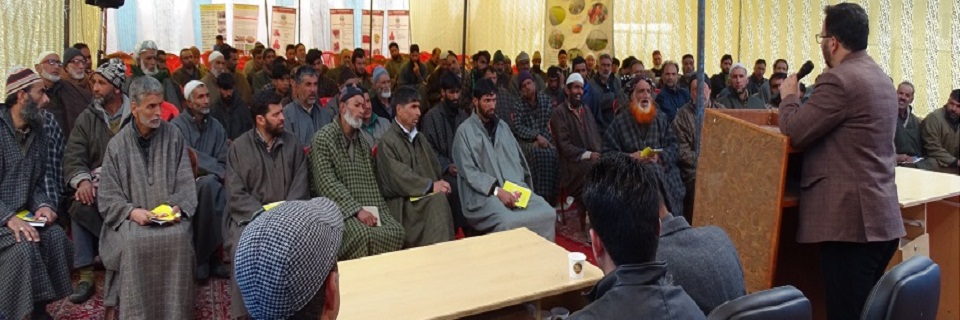
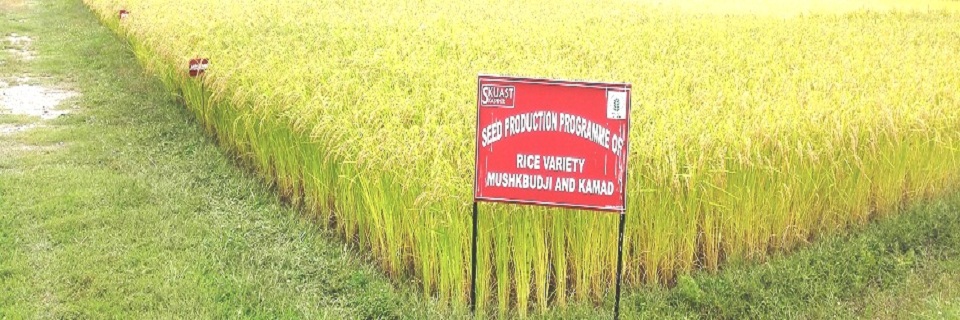
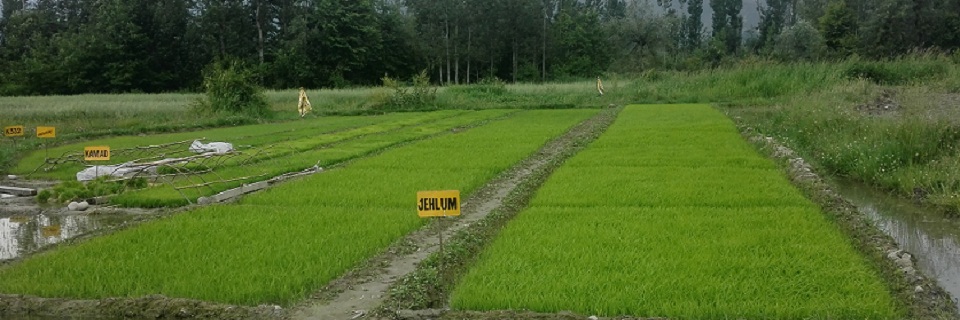
On-Farm Testing: Each KVK operates a small farm to test new technologies, such as seed varieties or innovative farming methods, developed by ICAR institutes. This allows new technologies to be tested at the local level before being transferred to farmers.
Front-line Demonstration: Due to the KVK's farm and its proximity to nearby villages, it organizes programs to show the efficacy of new technologies on farmer fields.
Capacity Building: In addition to demonstrating new technologies, the KVK also hosts capacity building exercises and workshops to discuss modern farming techniques with groups of farmers.
Multi-sector Support: Offer support to various private and public initiatives through its local network and expertise. It is very common for government research institutes to leverage the network of KVKs when performing surveys with a wide range of farmers.
Advisory Services: Due to the growing use of ICT, KVKs have implemented technologies to provide farmers information, such as weather advisories or market pricing, through radio and mobile phones.
In each of these activities, the KVK focuses on crops and methods specific to the local climate and industry. Some factors which may impact this decision are: soil type, crops grown, water availability, seasonal temperatures, and allied sectors such as dairy and aquaculture. In addition to addressing local factors, KVKs are also mandated to increase adoption of practices that align with renumerative agriculture, climate smart agriculture, and dietary diversification. Some KVKs also host social activities to facilitate rapport between the institutions and the local community
Copyright 2018 KVK Kulgam- All Rights Reserved - www.kvkkulgam.net
KVK Kulgam on Social Media